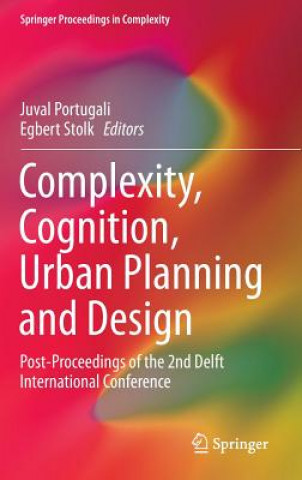
Kód: 02961456
Complexity, Cognition, Urban Planning and Design
Autor Juval Portugali, Egbert Stolk
The last four decades have witnessed the emergence of CTC - Complexity Theories of Cities - a domain of research that applies the various complexity theories to the study of cities.§Studies in this domain have demonstrated, firstl ... celý popis
- Jazyk:
 Angličtina
Angličtina - Väzba: Pevná
- Počet strán: 316
Nakladateľ: Springer International Publishing AG, 2016
- Viac informácií o knihe

274.71 €

Skladom u dodávateľa v malom množstve
Odosielame za 12 - 15 dní
Potrebujete viac kusov?Ak máte záujem o viac kusov, preverte, prosím, najprv dostupnosť titulu na našej zákazníckej podpore.
Pridať medzi želanie
Mohlo by sa vám tiež páčiť
Darčekový poukaz: Radosť zaručená
- Darujte poukaz v ľubovoľnej hodnote, a my sa postaráme o zvyšok.
- Poukaz sa vzťahuje na všetky produkty v našej ponuke.
- Elektronický poukaz si vytlačíte z e-mailu a môžete ho ihneď darovať.
- Platnosť poukazu je 12 mesiacov od dátumu vystavenia.
Viac informácií o knihe Complexity, Cognition, Urban Planning and Design
Nákupom získate 685 bodov
 Anotácia knihy
Anotácia knihy
The last four decades have witnessed the emergence of CTC - Complexity Theories of Cities - a domain of research that applies the various complexity theories to the study of cities.§Studies in this domain have demonstrated, firstly, that similarly to materialand organic complex systems cities too exhibit the properties of natural complex systems: they are open, complex, bottom-up, have fractal structure and are often chaotic. Secondly, that many of the mathematical formalisms and models developed to study material and organic complex systems apply also to cities.§But there is a dilemma in the current state of CTC: Cities are large scale artifacts, composed of smaller scale artifacts (buildings, roads, bridges ...), each of which is composed of still smaller artifacts and so on. And yet, artifacts are essentially simple systems.§This book argues that the activities and interactions of the human urban agents transform the artifact 'city' into a complex system 'city'. Cities differ from natural complex systems in that they are hybrid, artificial-natural complex systems. From here follows a need to add the insight of cognitive science to the study of urban agents and their behavior and action in cities, raising a new set of questions, such as what are artifacts and in what ways they differ from natural entities? How are they constructed? How the city as a hybrid natural-artificial entity is coordinated? What is the role of planning and design in the dynamics and coordination of cities? Who are the planners and designers and how do they plan and design and by what means? What is the role of cognitive faculties such as memory, emotions and creativity in the process of design? What role do latent and professional designers and planners play?§The answers to these questions cannot come from a single discipline; rather they must emerge out of a discourse between experts from several disciplines. The fact is, however, that due to current disciplinary boundaries, people from these domains do not often interact with each other. This is exactly the challenge this book took upon itself: to generate such a discourse.
 Parametre knihy
Parametre knihy
Zaradenie knihy Knihy po anglicky Reference, information & interdisciplinary subjects Research & information: general Information theory
274.71 €
- Celý názov: Complexity, Cognition, Urban Planning and Design
- Podnázov: Post-Proceedings of the 2nd Delft International Conference
- Autor: Juval Portugali, Egbert Stolk
- Jazyk:
 Angličtina
Angličtina - Väzba: Pevná
- Počet strán: 316
- EAN: 9783319326511
- ISBN: 3319326511
- ID: 02961456
- Nakladateľ: Springer International Publishing AG
- Hmotnosť: 6387 g
- Rozmery: 235 × 155 × 23 mm
- Dátum vydania: 20. May 2016
Obľúbené z iného súdka
-

The Black Swan
12.17 € -15 % -

Human Use Of Human Beings
12.98 € -20 % -
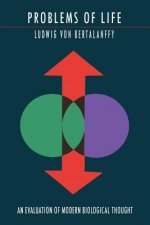
Problems of Life
17.14 € -
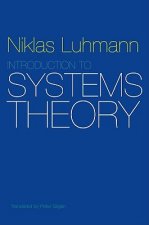
Introduction to Systems Theory
26.17 € -3 % -
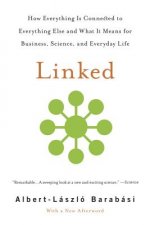
Linked
22.21 € -
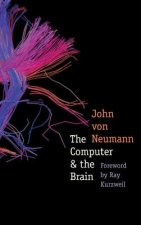
Computer and the Brain
17.55 € -16 % -
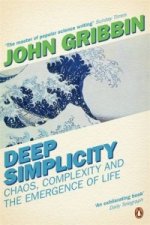
Deep Simplicity
12.68 € -19 % -
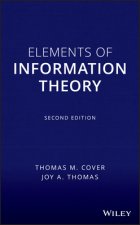
Elements of Information Theory
136.18 € -

Sync
12.17 € -23 % -

Nonlinear Dynamics and Chaos
94.07 € -

Introducing Chaos
10.04 € -22 % -
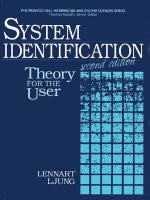
System Identification
132.02 € -

Information Theory
30.64 € -

God & Golem, Inc.
50.12 € -
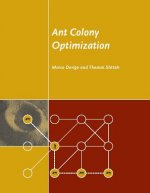
Ant Colony Optimization
10.24 € -12 % -

Recursive Universe
14.60 € -19 % -

Repair
37.23 € -3 % -

Ethics of Information
45.45 € -

Bioinformatics: An Introduction
138.31 € -
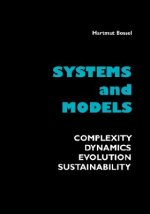
Systems and Models. Complexity, Dynamics, Evolution, Sustainability
27.90 € -
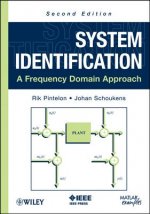
System Identification 2e - A Frequency Domain Approach
181.75 € -
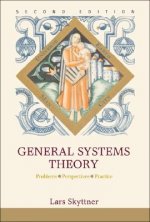
General Systems Theory: Problems, Perspectives, Practice
147.04 € -

Modeling Business Processes
64.33 € -11 % -
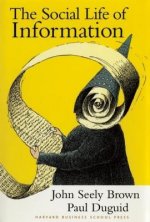
Social Life of Information
34.80 € -

System Identification, Environmental Modelling, and Control System Design
212.70 € -

Fault Tolerant Control Design for Hybrid Systems
138.31 € -
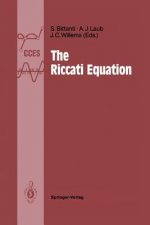
Riccati Equation
150.79 € -
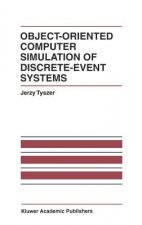
Object-Oriented Computer Simulation of Discrete-Event Systems
311.85 € -

Object-Oriented Computer Simulation of Discrete-Event Systems
311.85 € -

Cybernetics or Control and Communication in the Animal and the Machine
63.01 € -
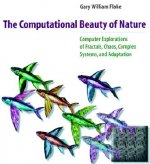
Computational Beauty of Nature
78.44 € -2 % -
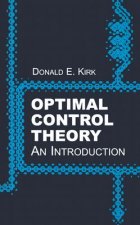
Optimal Control Theory
34.39 € -4 % -
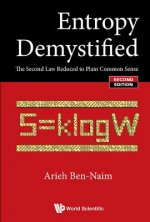
Entropy Demystified: The Second Law Reduced To Plain Common Sense
38.35 € -

Student's Guide to Coding and Information Theory
44.03 € -

Introduction to Complex Systems
150.79 € -

On Dialogue
178.09 € -

Design Structure Matrix Methods and Applications
66.16 € -1 % -

Selected Works of Joseph E. Stiglitz
292.77 € -
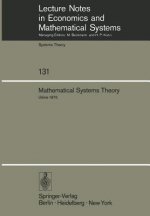
Mathematical Systems Theory
70.22 € -
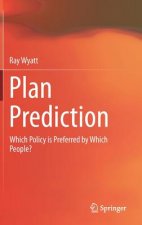
Plan Prediction
138.31 € -
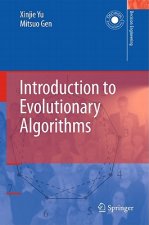
Introduction to Evolutionary Algorithms
249.94 € -
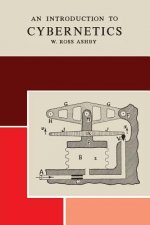
Introduction to Cybernetics
18.76 € -

Randomness Through Computation: Some Answers, More Questions
200.73 € -

Brownian Motion, Martingales, and Stochastic Calculus
88.79 € -

Quantum Information Theory
98.73 € -
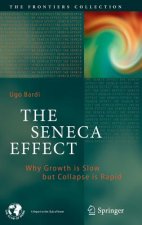
Seneca Effect
125.93 € -

New Advances on Chaotic Intermittency and its Applications
138.31 € -
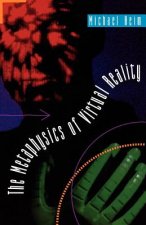
Metaphysics of Virtual Reality
51.54 € -
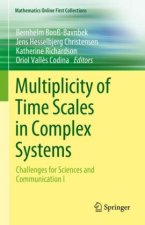
Multiplicity of Time Scales in Complex Systems
178.09 €
Osobný odber Bratislava a 2642 dalších
Copyright ©2008-24 najlacnejsie-knihy.sk Všetky práva vyhradenéSúkromieCookies





 21 miliónov titulov
21 miliónov titulov Vrátenie do mesiaca
Vrátenie do mesiaca 02/210 210 99 (8-15.30h)
02/210 210 99 (8-15.30h)